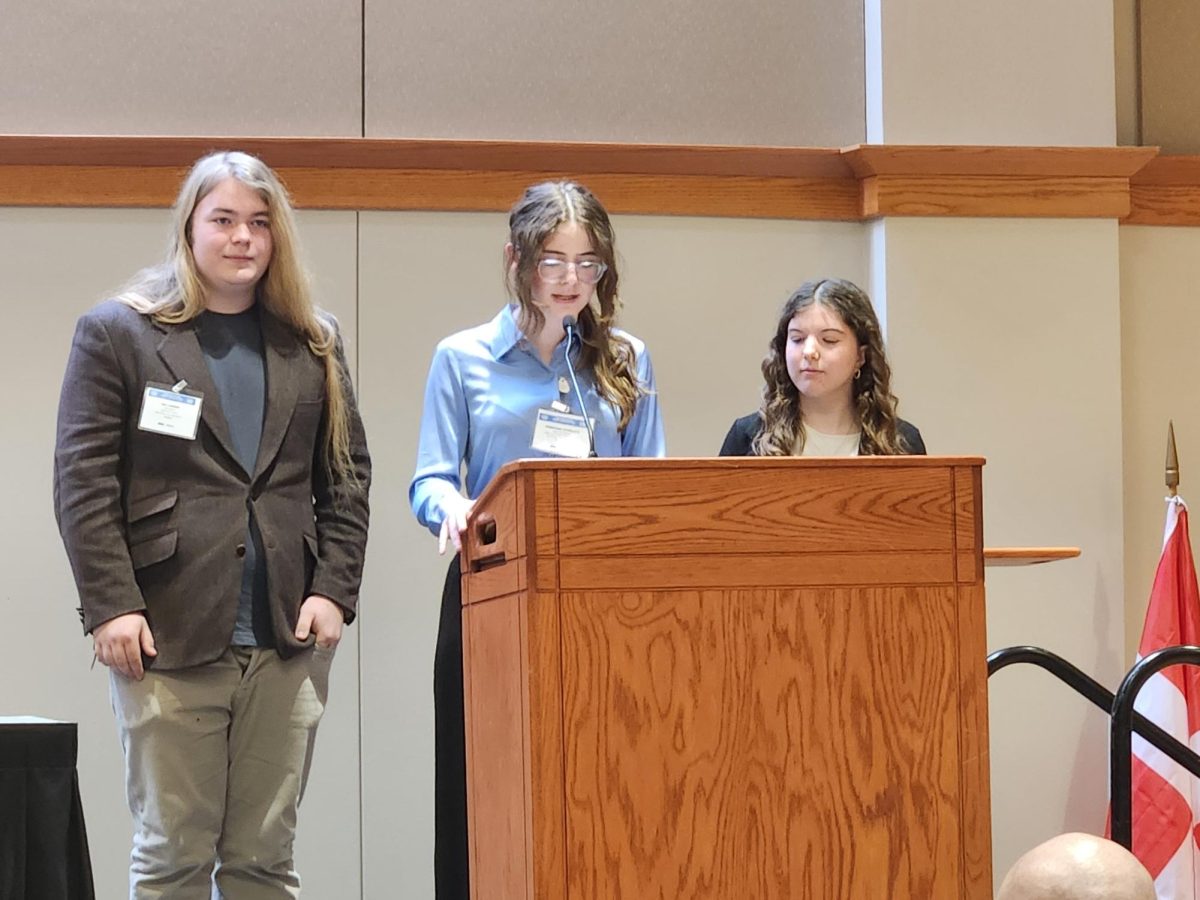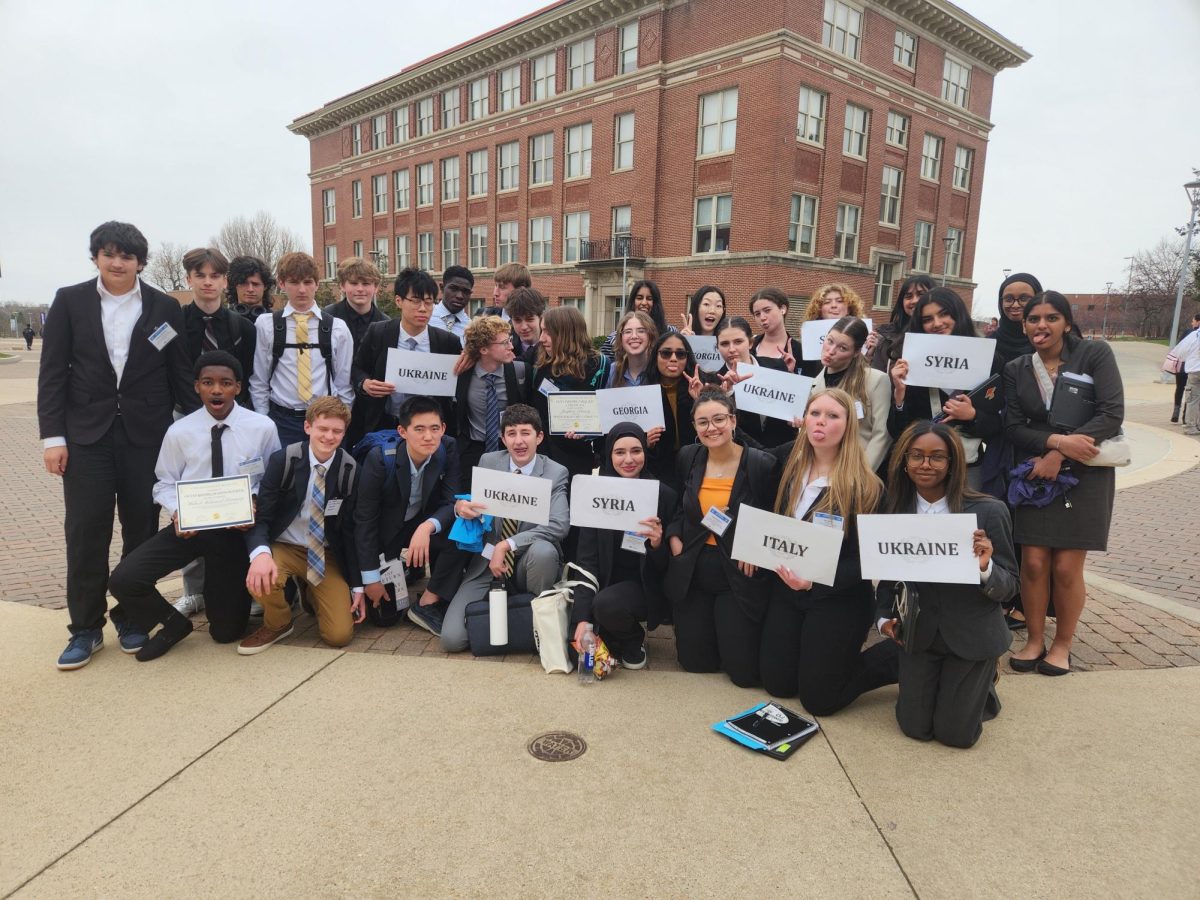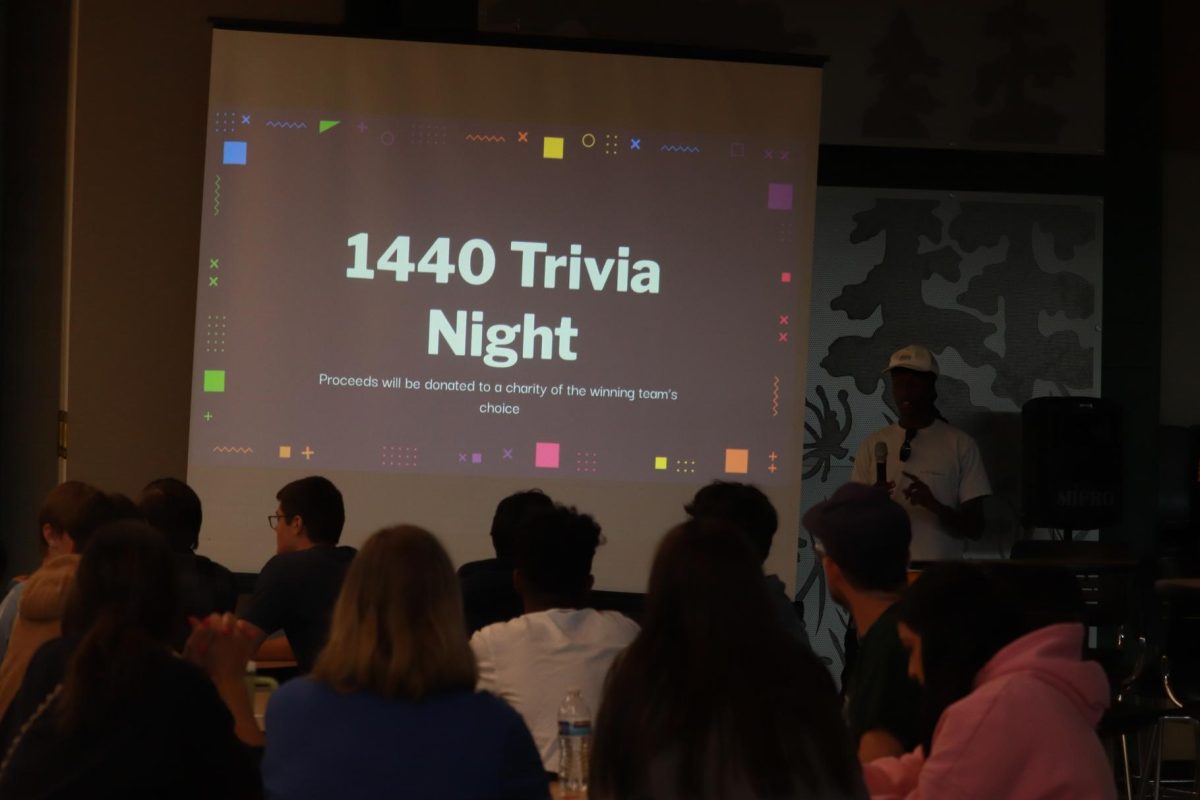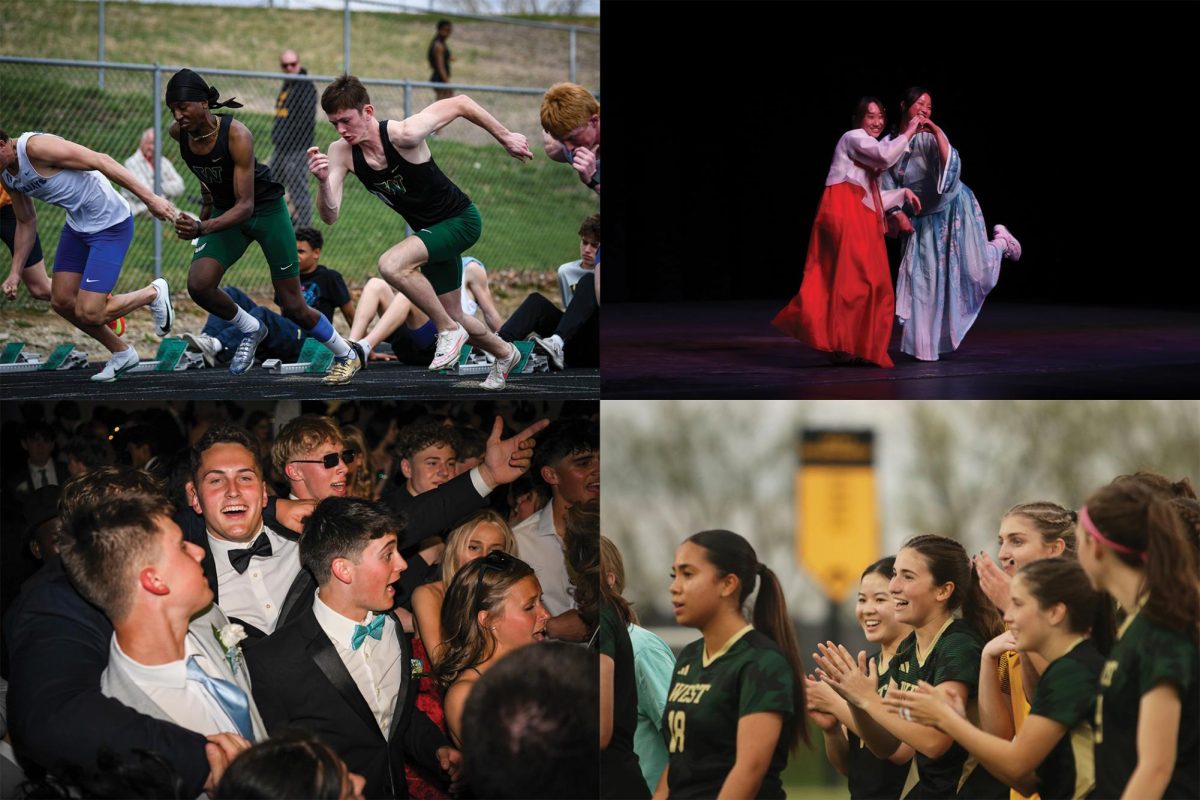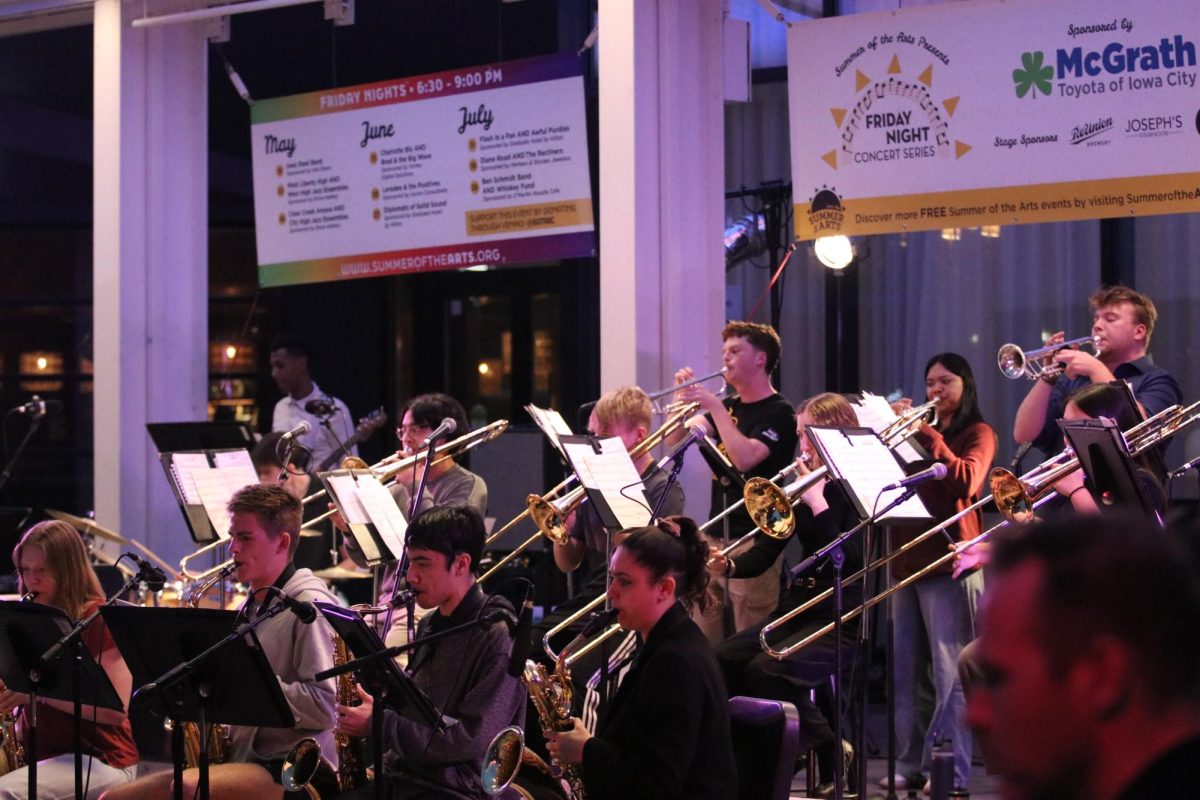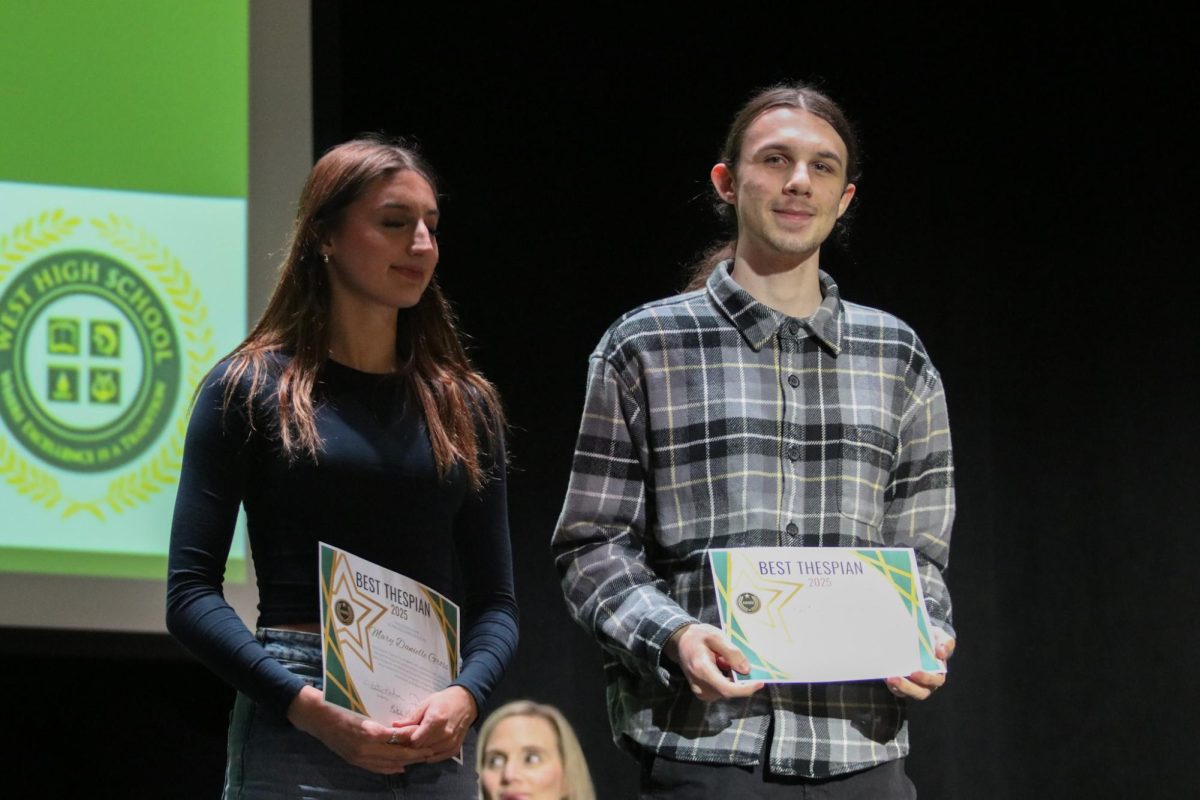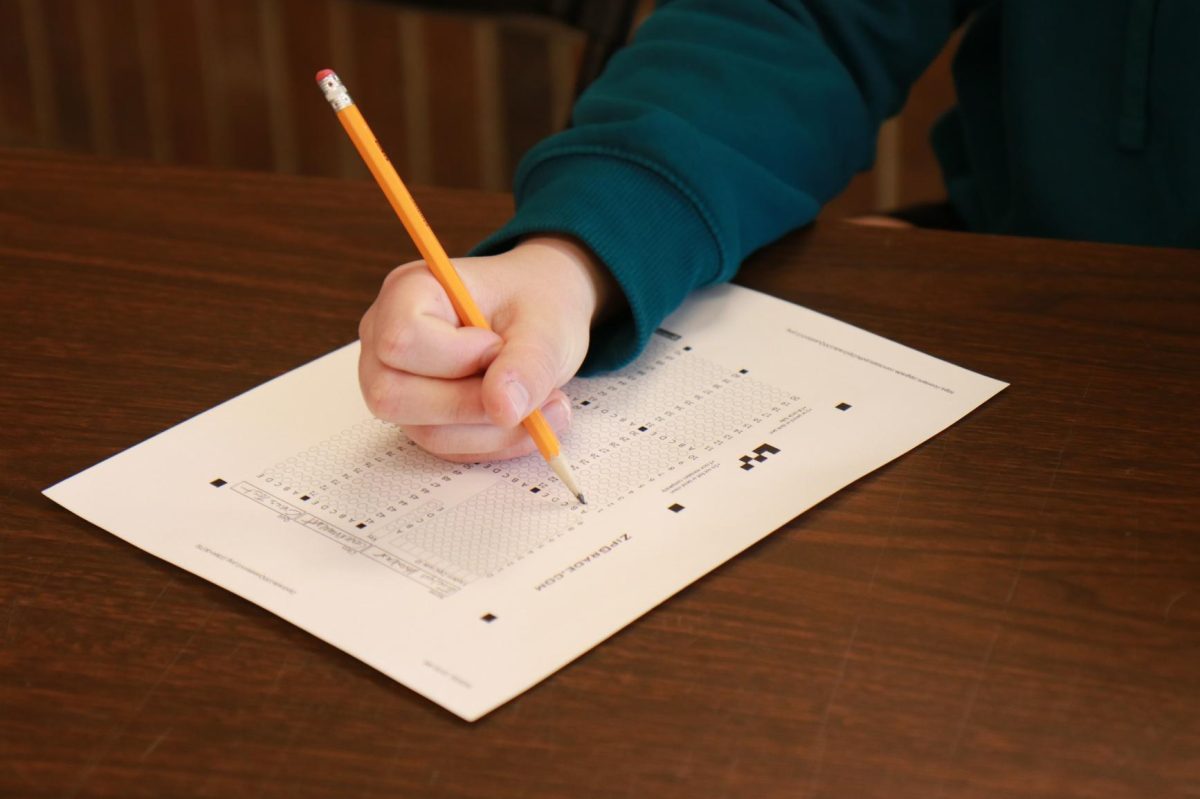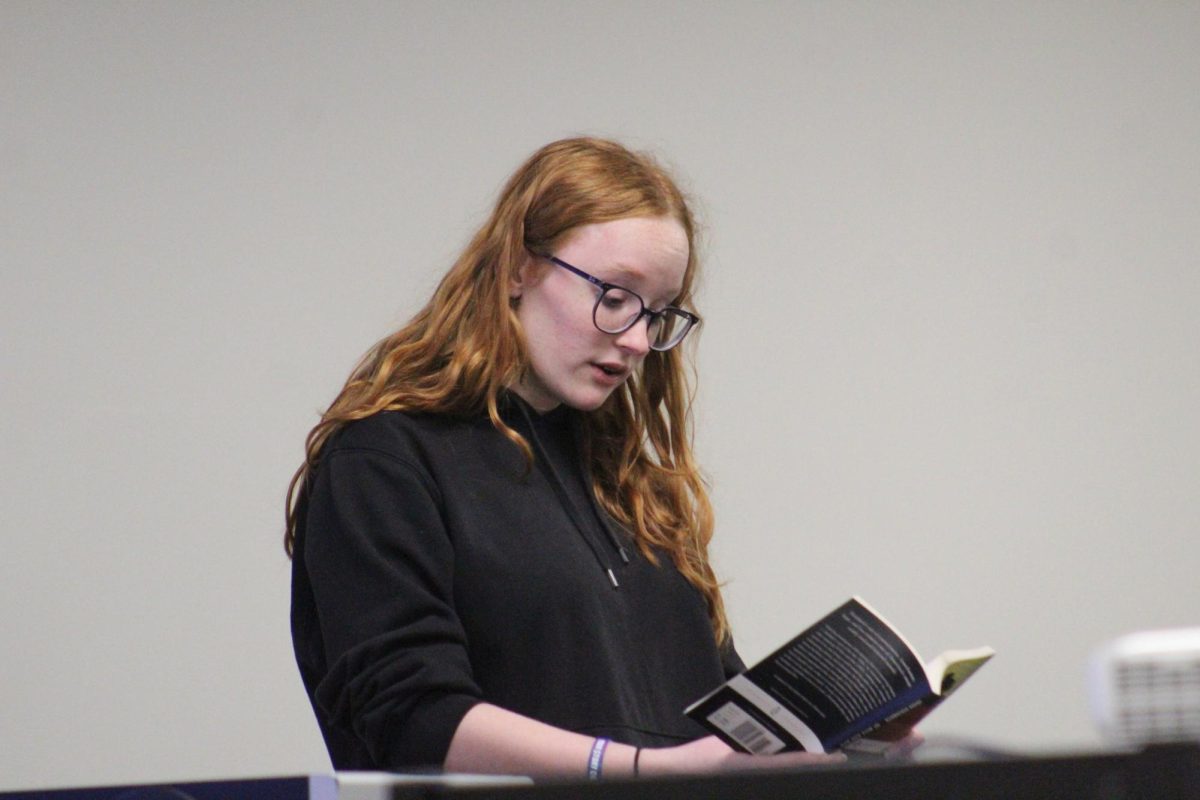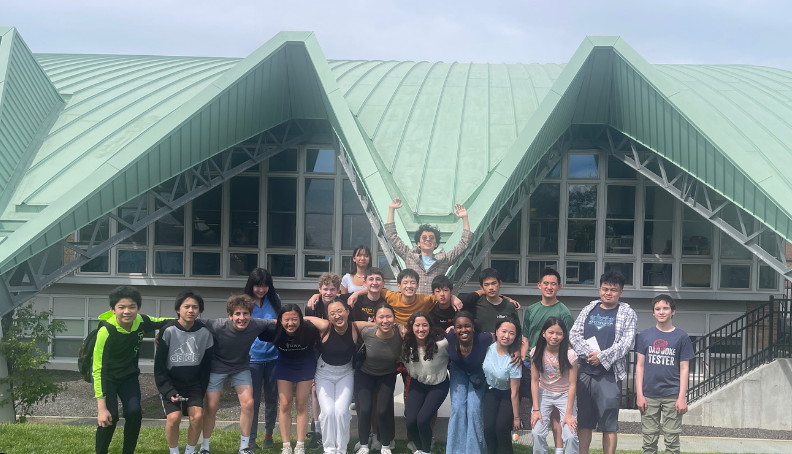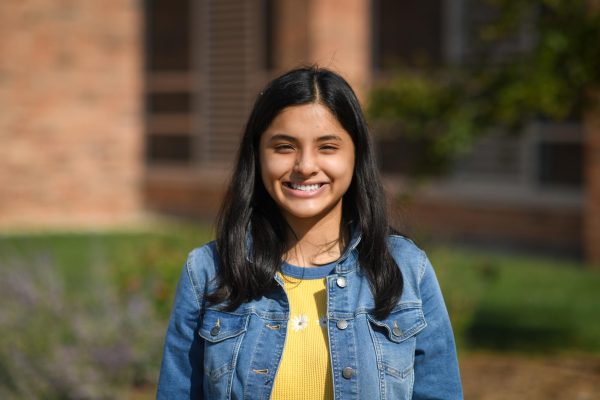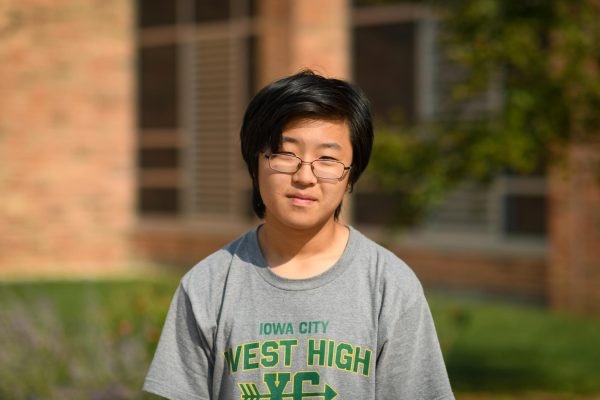Model UN is a team of students who debate important international issues. This year, they attended a conference in Cedar Falls earlier this month. Josie Schwartz ’25 was named an outstanding delegate for the second time.
Members were tasked with understanding all aspects of their representing nations and other viewpoints to prepare for this conference. Casandro Chan ’25 reminisces on the preparation the group put in for the conference.
“It could be more thorough with the research aspect, [including] learning the parliamentary procedures better or writing better amendments,” Chan said. “[However,] you’ll have more fun at the conference because you’ll be getting the full experience of learning about other viewpoints and cultures.”
There are many activities that the team occupied themselves with for the conference. To prepare, Aahana Gupta ’27 does things she enjoys and mentally prepares for the conference.
“[Usually, I’m] not too stressed, but I make sure to not drink caffeine and to hang out with [the] people I like,” Gupta said. “I also remember that this conference isn’t that big of a deal, and I shouldn’t treat it as more than it is.”
Schwartz remembers to prepare for any questions or accusations, in case they get caught off guard when speaking up.
“I brainstorm any potential objections before I submit a proposal. Also, I speak up as early as I can and get the nerves out of the way,” Schwartz said.
But one of the most exciting and passionate areas of the conference is the topics you are defending, even if you don’t agree with them. This year, Chan was a member of the Legal Committee, along with representing his chosen country.
“I was a delegate for Ukraine,” Chan said. “We discussed equitable access to water and the Kashmir conflict.”
During the conference, Schwartz focused on accurate viewpoints of their chosen country.
“My main worry was being able to defend my country’s viewpoints accurately, even if I [disagreed] with them.” Schwartz said. “I’ve been on the Political & Security Committee for the last four years, so we typically end up discussing variations of national security, such as election fraud and the refugee crisis. In previous years, we’ve discussed nuclear proliferation and cybercrime.”




